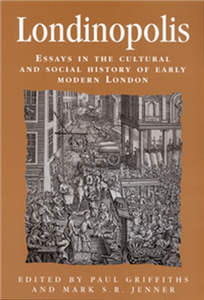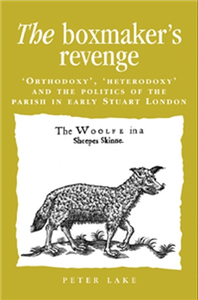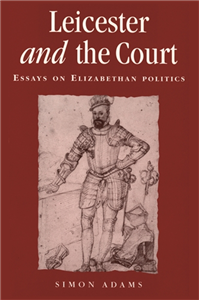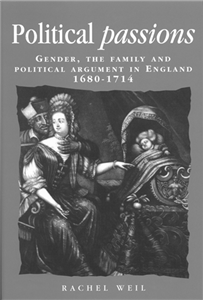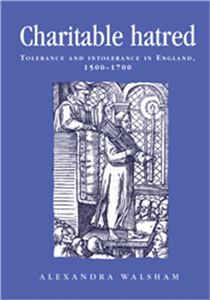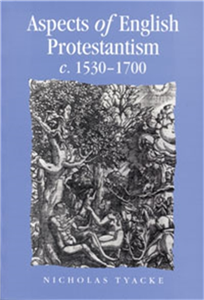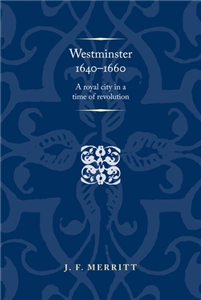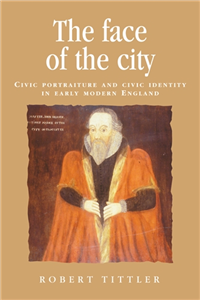Humanities & Social Sciences
April 2008
Gender, the family and political argument in England, 1680–1714
Ideas about marriage, gender and the family were central to political debate in late Stuart England. Newly available in paperback, this book shows how political argument became an arena in which the proper relations between men and women, parents and children, public and private were defined and contested.
Using sources that range from high political theory to scurrilous lampoons, she considers public debates about succession, resistance and divorce. Weil examines the allegedly fraudulent birth of the Prince of Wales in 1688, the uses to which Williamite propagandists put the image of the paradoxically sovereign but obedient Mary II, anxieties about the influence of bedchamber women on Queen Anne, the political self-image of the notorious Duchess of Marlborough, the relationship of feminism and Tory ideology in the polemical writings of Mary Astell and the scandal novels of Delariviere Manley.
Solidly grounded in current historical scholarship, but written in an engaging manner accessible to non-specialists, this book will interest students of literature, gender studies, political culture and political theory as well as historians. ;









